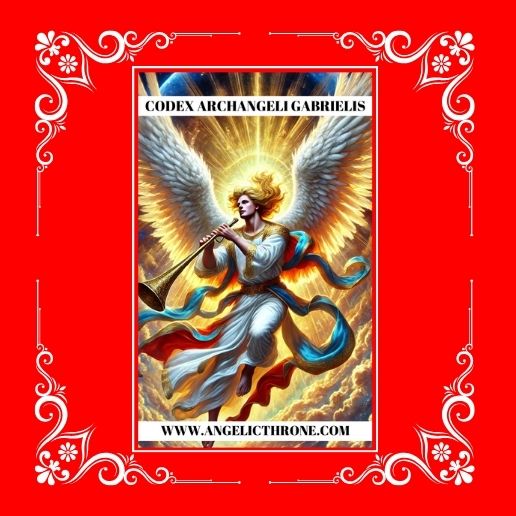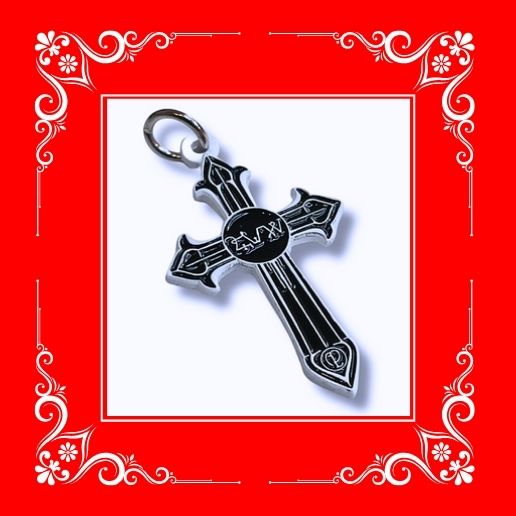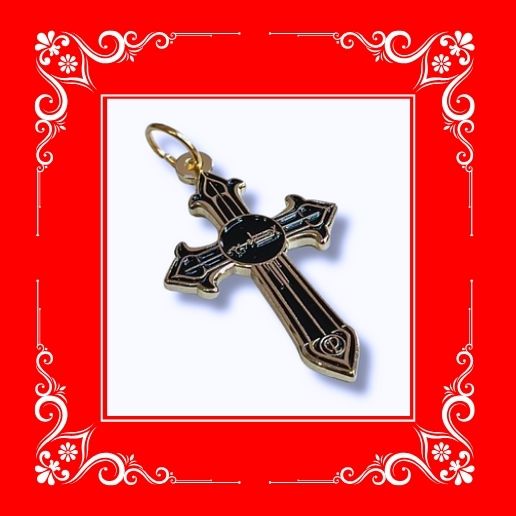
What is angelology? At its core, angelology is the sacred study of angels—their names, roles, classifications, spiritual functions, and how they interact with both the divine and human realms. Far more than religious folklore or poetic myth, angelology is a deep and ancient discipline that spans mysticism, theology, esoteric science, and spiritual practice. It offers a structured understanding of celestial beings, revealing their influence on universal order, cosmic law, individual destiny, and the evolution of the soul.
From the Seraphim who burn before the Throne of God to guardian angels who whisper in dreams, angelology seeks to uncover the architecture of the divine by exploring the celestial messengers who carry out the Creator’s will. It asks not only who angels are but why they exist, how they function, and what they reveal about the divine mind and human potential.
Across traditions—Judaism, Christianity, Islam, Hermeticism, Kabbalah, and modern mysticism—angelology is a central pillar. It bridges Heaven and Earth, spirit and matter, theology and metaphysics. To study angelology is to open the scrolls of Heaven and read the divine symphony woven through light, name, and vibration.
The Powers and Purpose Behind Angelology
Bridging the Divine and the Human
Angelology explores the nature of angels as intermediaries between God and creation. Angels are seen not as deities, but as divine agents—conduits of will, energy, knowledge, and protection. They act on behalf of the divine source, helping to manage the flow of cosmic order through every plane of existence.
By asking what is angelology, we are also asking: how does divine will become manifest in the world? Angelology provides the answer by mapping the ranks of angels and their functions across realms—revealing how the eternal becomes personal, how divine law translates into personal guidance, protection, and revelation.
Understanding Spiritual Hierarchy and Structure
One of angelology’s primary contributions is revealing the celestial hierarchy—a sacred architecture of angels arranged in triads or choirs, each with distinct roles and levels of proximity to the divine source.
According to the classic Christian angelology system (as preserved by Pseudo-Dionysius), angels are divided into three spheres with three choirs each, forming nine choirs total:
- First Sphere (closest to the divine): Seraphim, Cherubim, Thrones
- Second Sphere (govern divine governance): Dominions, Virtues, Powers
- Third Sphere (interact with humanity): Principalities, Archangels, Angels
This layered system explains how different angels serve divine functions—some governing stars and empires, others guarding individual souls. The hierarchy is not based on power, but proximity to divine radiance.
Revealing the Names and Functions of Angels
Angelology provides insight into specific angels by name, including their unique vibrations, celestial offices, and spiritual gifts. For example:
- Michael, the archangel of divine protection and warrior of light.
- Gabriel, messenger of divine revelation and sacred communication.
- Raphael, healer and guide of the soul through illness and transition.
- Uriel, illuminator of wisdom and angel of repentance and prophecy.
By learning their roles and how they operate, practitioners can invoke or attune to these angels for specific healing, insight, protection, or empowerment.
Guiding Ritual, Meditation, and Invocation
What is angelology without practice? Beyond theory, angelology offers practical tools for spiritual development. Many mystical traditions use the angelic hierarchy for prayer construction, altar building, divine naming, and ceremonial invocation.
In systems like Kabbalah, for example, angels correspond to Sefirot on the Tree of Life, and specific angelic forces are summoned during pathworking or visualization. In Christian mysticism and Renaissance magic, planetary angels, zodiac angels, and guardian angels are called upon through psalms, sigils, and sacred names.
Angelology transforms the practitioner’s connection to the divine from passive to interactive and participatory.
Aspects of Angelology
To fully grasp what is angelology, one must explore the structural components that define the study of angels. These aspects include not just names and hierarchies but symbolism, sacred elements, celestial timing, and energetic signatures used in angelic study and invocation.
Color Associations
Different angelic choirs and individual angels resonate with specific colors. In angelology, these colors are more than symbols—they are energetic frequencies that align with divine attributes:
- White Light – purity, divine will, unity.
- Blue and Sapphire – protection, wisdom, law.
- Gold – illumination, glory, sovereignty.
- Green – healing, life-force, growth.
- Red Flame – divine justice, passion, transformation.
These color associations are crucial in angelic rituals, meditation, and altar construction, as they help focus the vibration of specific angelic presences.
Incense and Sacred Scents
Angelology emphasizes the use of incense as a bridge between the material and spiritual worlds. Different angelic orders and individual angels respond to different scents:
- Frankincense – for high celestial choirs (Seraphim, Cherubim).
- Myrrh – for angels of death, rebirth, and healing.
- Sandalwood – for wisdom, grounding, and communication with archangels.
- Rose – for angels of love, mercy, and devotion.
- Copal – for purification and connection to guardian angels.
When asking what is angelology, understanding how these sacred fragrances operate as spiritual conduits is essential.
Stones and Crystals
Gemstones are not only tools of Earth—they are frozen light, resonating with angelic frequencies:
- Celestite – general angelic communication.
- Selenite – connection to the higher realms.
- Amethyst – clarity, purification, psychic protection.
- Lapis Lazuli – divine truth, celestial authority.
- Clear Quartz – amplification of angelic energies.
In angelology, stones are often paired with specific angels during rituals, worn as talismans, or placed on the body during healing work.
Elemental and Planetary Connections
Angels are not disconnected from nature—they work through it. In angelology, angels correspond with elements and planets:
- Michael (Fire and Sun) – divine courage and spiritual warfare.
- Gabriel (Water and Moon) – intuition, dreams, and birth.
- Raphael (Air and Mercury) – healing, intellect, and movement.
- Uriel (Earth and Venus/Saturn) – grounding, insight, and karmic illumination.
These associations allow for ritual timing, altar orientation, and enhanced invocation by connecting with planetary days and hours.
Angelic Numbers and Sacred Geometry
Numbers in angelology are not merely math—they are divine blueprints:
- 3 – the Trinity, divine creation, triads of hierarchy.
- 7 – angelic seals, divine cycles, planetary alignment.
- 9 – choirs of angels, universal completion.
- 144 – angelic encoding of cosmic unity.
Practitioners of angelology often see repeated numbers (111, 444, 777) as angelic messages, confirmations of alignment, or direct calls to awareness.
Altar Setup for Angelic Study
A dedicated altar for angelology is a sacred classroom, where communication between the human soul and the angelic host occurs.
Core Items
- White altar cloth.
- A candle (white, blue, or gold).
- A crystal or sacred stone.
- A printed sigil or name of an angel.
- Incense burner with frankincense or rose.
Orientation
Face the altar East to align with the spiritual mind and angelic intelligence. Keep it clear, balanced, and sacred.
Daily Practice
- Light the candle and incense.
- Speak the name of the angel or choir you wish to connect with.
- Offer a moment of silent devotion.
- Journal any impressions, feelings, or visions.
Angelology is not just study—it is relationship through ritual.
Offerings in Angelology
Angels do not require offerings in the traditional sense. They are beings of alignment, and what they receive are vibrations of sincerity, clarity, and service.
Suitable Offerings
- Prayers and invocations with pure intention.
- Art, music, or poetry created in their honor.
- Good deeds done consciously under angelic influence.
- Hours of contemplation or silence, offered as spiritual alignment.
Unsuitable Offerings
- Requests driven by greed, ego, or harm.
- Unclear or manipulative intentions.
- Practices borrowed without respect to tradition.
Angelic Oracle Tarot Service of Angelic Throne
If you are ready to deepen your understanding of angelology, the Angelic Oracle Tarot Service of Angelic Throne offers a profound way to experience the direct guidance of the angelic realm. Whether you seek insight from the Thrones, revelations from Archangels, or karmic correction from the angel of justice, this reading opens a living dialogue with celestial intelligence.
Each reading is tailored to your spiritual questions and aligned with the angelic choir most resonant with your journey. Discover what angels walk beside you, what messages they hold, and how to align more deeply with their divine current.
Let the study of angelology become not just knowledge—but connection.





